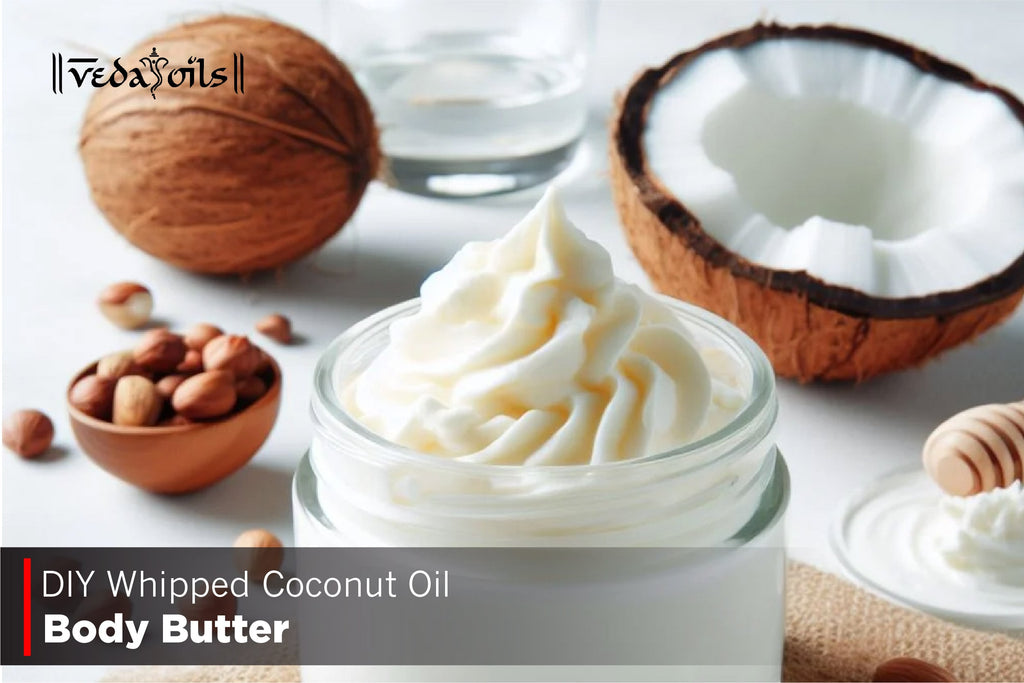Neem Oil For Acne Scars - Benefits & DIY Recipes
If you're an Indian, you've certainly heard of Neem oil, and it's becoming increasingly famous outside of India as well, thanks to its great anti-bacterial and anti-microbial properties that heals skin and are beneficial in everyday use for clearer skin of bacteria which causes rashes, especially during the summer.

Neem Oil is high in fatty acids including linoleic, oleic, and palmitic acids, it has been utilized in Indian families as a homemade herbal treatment for ages to heal wounds, skin problems, acne, and rashes, among other things. Neem Oil is made from the fruits and seeds of the Azadirachta Indica tree, which is also known as the Neem tree.
Neem Oil Benefits For Acne Scars
The benefits of neem oil are endless, as it can be used in a variety of ways, from cosmetics to boosting your overall health. This oil is high in antioxidants and vitamin C, which assist to stimulate collagen formation. Its ability to remove excess oil and manage pores is also impressive.
Neem is high in triglycerides, neem has been used for millennia to heal wounds and acne scars. Its rich vitamin E minerals aid in skin moisturization, and its pigmentations aid in the removal of dark spots. It has a variety of applications, which we will discuss in this blog.

- Boosts Collagen & Elastin Production: With the support of its antioxidants, neem oil helps to naturally stimulate collagen and elastin formation due to its high Vitamin C content. Regular application of this oil aids in the development of smooth and fine skin. Its antioxidant capabilities also have anti-aging characteristics, which aid in skin tightening.
- Heals wound & Acne Scars: Neem oil for scars acts as a disinfectant on wounds because of its triglycerides qualities, which aid in the simulation of blood flow and boost white blood cells, which aids in the healing of wounds. Its fatty acids aid in the removal of oil from the face, resulting in a reduction in acne scars.
- Retains Skin Moisture: The vitamin E in neem oil readily penetrates the skin, repairs cracks, and locks in moisture to give even the driest skins, a smooth texture, tightening the skin and maintaining moisture. Its properties are also beneficial in killing infections on your face.

- Fades Dark Spots: Neem oil can aid in the reduction of facial pigmentation. The antioxidants in neem help your skin produce less melanin, which eliminates dark spots & scars and gives you an even skin tone. It can be used in little doses on dark spots directly to get the best results.
- Controls Oil Production: The presence of vital fatty acids in Neem oil makes it useful for hydrating skin because it penetrates deeper. While it is gentle on dry skin, the neem oil is equally as efficient as an astringent in regulating the production of excess sebum in oily skin types.
How To Use Neem Oil For Acne - DIY Recipes
Neem oil is a very versatile ingredient that may be combined with a variety of other ingredients for various reasons, such as coconut oil, jojoba oil, and so on. Here are a few Neem Oil DIY recipes for various skin problems to get you started.
Recipe 1: Neem Oil and Tea Tree Oil For Acne & Pimples Marks
Neem oil plus tea tree oil is particularly helpful in removing dirt and pimple-causing germs because of its antibacterial qualities.

- 2 tablespoons of Neem Oil
- 2-3 drops of Tea Tree Essential Oil
- 20 mL of Almond Oil
Directions:
Step 1: Pour 2 teaspoons of neem oil and 2-3 drops of tea tree essential oil into a small bowl for your container.
Step 2: Pour 20 mL of almond oil of your choice after thoroughly mixing; almond oil can also be used as a basis.
Step 3: Apply it to your face with a clean cotton cloth and leave it on for 20 to 25 minutes before removing it.
Tips: This recipe can be stored for future uses for 2 to 3 days.
Recipe 2: Neem Oil and Coconut Oil For Skin Inflammation
Neem Oil is an antimicrobial agent that aids in the treatment of rashes and skin inflammations. The potency of coconut oil is used as a base for Neem oil and is also useful for hydrating the skin afterward.

- 2 tablespoon of Neem Oil
- 50 mL of Coconut Oil
Directions:
Step 1: Mix 2 tablespoons of Neem oil with 50 mL of coconut oil.
Step 2: Stir it well.
Step 3: Apply it on your face and wash it off after 15 - 20 minutes.
Tips: This recipe should be stirred before using because coconut oil tends to settle if left alone.
Recipe 3: Neem Oil and Sesame Oil For Dry Skin
Neem oil and sesame oil both are useful in treating dry skin, and when used together, their high vitamin E content helps to hydrate the skin.

- 3 tablespoons of Neem Oil
- 1 tablespoon of Sesame Oil
Directions:
Step 1: Pour 3 tablespoons of Neem Oil with 1 tablespoon of Sesame Oil in a cup and mix it well.
Step 2: Use a clean cloth to apply this solution to your face.
Step 3: Wash it off after 20 minutes.
Tip: You can use water to dilute neem oil if necessary.
Recipe 4: Neem Oil and Jojoba Oil For Oily Skin
Neem oil aids in the removal of germs, which minimizes the creation of excess oil on the face by shrinking pore openings.

- 3 mL of Neem Oil
- 20 mL of Jojoba Oil
- 4 drops of Royal Rose Fragrance Oil (Optional)
Directions:
Step 1: Pour 3 ml of Neem oil with 20 ml of Jojoba Oil.
Step 2: Use 4 drops of Royal Rose Fragrance Oil (for fragrance).
Step 3: Use a smooth cloth to apply it to your face.
Step 4: Rinse your face with water after 20 minutes.
Tips: You can use it on daily basis by putting it on your facewash water.
Frequently Asked Questions
We have provided you with some frequently asked questions that our customers have asked, you can read them to make yourself doubt-free.

Q1. Is Neem Oil Good For Acne?
Yes, this oil in its purest form is quite powerful. Spot treat afflicted areas with undiluted neem oil to treat skin acne, fungal infections, warts, or moles.
Q2. Are There Any Risks of Using Neem Oil For Skin?
No, Neem oil is both safe and effective. In someone with sensitive skin, it could trigger an allergic reaction. Start with a little, diluted amount of this oil on a small area of your skin away from your face if this is your first time using it.
Q3. Can You Leave Neem Oil on Overnight?
No, you can leave diluted neem oil on for 30 minutes to 1 hour before rinsing it with facewash or regular water. It may cause irritation if you leave it on your face overnight. The solution is to use it more regularly for a shorter time.
Q4: Can I Apply Neem Oil Directly on The Skin?
No, We prefer to dilute it first. Neem oil is typically found to be safe to use on the skin. However, because it's so strong, it's a good idea to test it first on a small patch of skin before using it more widely. Mix a few drops of neem oil with water to do a patch test.
Conclusion
Neem Oil is so effective that it has become a summertime staple in Indian families. Its antibacterial and antimicrobial capabilities disinfect rashes and destroy germs, while its vitamin E and fatty acid-rich features aid in the healing and nourishing of your skin.
Its ability to remove excess oil and sweat contributes to its status as the king of all disinfection oils. It aids in the reduction of pore size on the face, making it appear smoother and younger. We encourage that you should try at least once to see results for yourself.
You May Also Like:
Buy Products
-

-
 Argan Oil
Argan Oil -
 Cactus Seed Oil / Prickly Pear Cactus Oil
Cactus Seed Oil / Prickly Pear Cactus Oil -
 Fenugreek Oil
Fenugreek Oil -
 Neem Oil
Neem Oil -
 Vitamin E Oil (Tocopheryl Acetate)
Vitamin E Oil (Tocopheryl Acetate)
Related Articles
Disclaimer :- This article is intended for informational and educational purposes only and should not be considered a substitute for professional medical advice. For specific health concerns or treatment, please consult your personal physician. The article's editor, writer, and VedaOils organization do not assume any responsibility for any health outcomes resulting from the information provided. Readers are strongly encouraged to seek advice from their physician before acting on any recommendations made in these articles.

















 Sign in
Sign in Register now
Register now My Reward Points
My Reward Points










